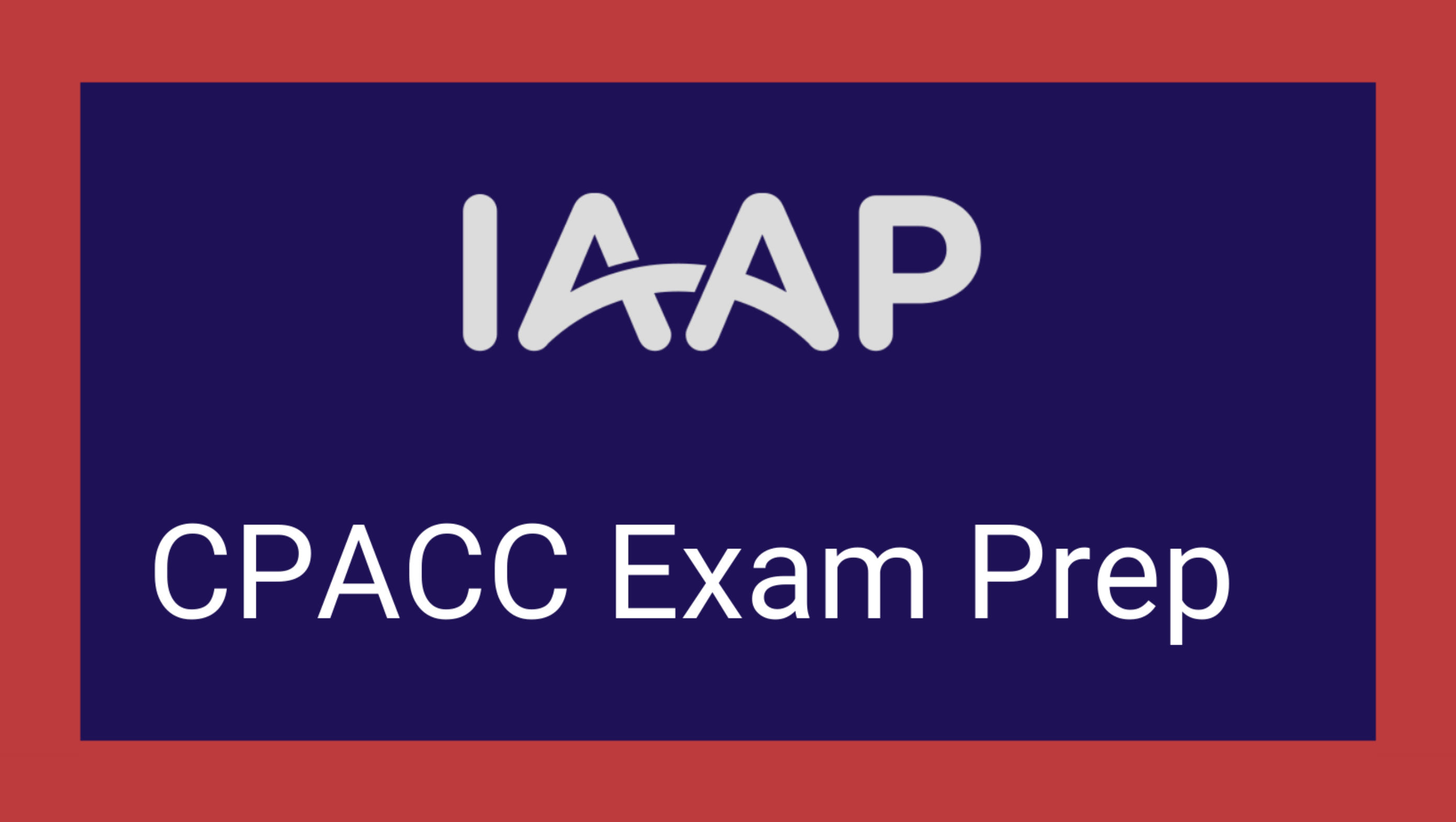02 - Theoretical models of disability

Web accessibility is just one aspect how we can think about disabilities. Theoretical models can help us to see the problematic of disabilities from the broader perspective.
I will describe these six theoretical models of disabilities:
- Medical
- Social
- Biopsychosocial
- Economic
- Functional solutions
- Social identity
- Charity
Medical model
The medical model sees the disability as a medical problem. This problem is described using medical diagnosis and needs to be fixed and cured. Medical problem is aligned with specific individual. E.g.,if a person on a wheelchair can't get to the building than according to the medical model this is an issue of the disabled person.
Strengths:
- helps to the expert to proceed with the curement
- helps to decide if disabled person can reach to the welfare payments
Weaknesses:
- focuses only on the physical aspects - e.g., overlooks non-inclusive design
- medical definitions of the disabled states can be too narrow
- having to prove one's disability again and again can be dehumanizing
Social model
The social model is not focused on the disabled individual but on the society which creates disabling environment.
Strengths:
- Inclusive design requires more creative thinking
- Design can be helpfull also to non-disabled people
- Empowers people with disabilities by removing stigma
Weakness:
- Person's disability is an important part of one's identity - people shouldn't be afraid to talk about it - Accepting and owning one's disability can be very healthy
Biopsychosocial model
The biopsychosocial model includes medical and social aspects of disability. This model is the basis for the International Classification of Functioning, Disability and Health (ICF), a publication by the World Health Organization in 2002.
Economic model
The economic model views disability from the perspective of economic impact. E.g., a person with a disability may earn less money and have a higher cost for necessary assistance (such as a care provider). An employer might have lower profit margins, and the state might have increased cost in terms of welfare programs.
Strengths:
- Recognizes the effect of bodily limitations on a person's ability to work
- Identifies a need for economic support
Weaknesses:
- Creates legally defined category of needy people - this can be stigmatizing
- The person might not reach the welfare payement because of the narrow treshold for disabled
Functional solutions model
Functional solutions model identifies functional impairments due to disability and seeks solution for the impairment. This model involves accessibility experts which try to seek solution to fix impairments of disabled people e.g., web accessibility experts.
Strengths:
- Results oriented
- Seeks to provide innovative solutions for real world problems
- Overcomes the social aspects
Weaknesses:
- Profit driven entrepreneur can miss the mark
- The product can be innovative but not practical - especially if its expensive
Social identity model
Group of disabled people can develop a sense of culture through common experiences. E.g., deaf culture has one common experience - sign language:
- Deaf tv shows
- Deaf theater shows
Strengths:
- Fully accepting one's disability can be important to one's well-being
- Groups of disabled people can gain political strength
Weakness:
- Strongly identifying with one group can be partly a reason for feeling excluded from the rest of society
Charity model
Charity model sees disability as an unfortunate condition which deserves special treatment. This video helped me a lot to understand how offensive this model can be for some disabled persons:
Strength:
- Non-disabled people can create a sense of empathy
Weakness:
- Disabled people find this approach offensive
- Non-disabled people are in the position of givers
- Unhealthy balance between disabled and non-disabled people
Other models
- Affirmation model
- Sociopolitical model
- Religious model
- Expert model
- Rehabilitation model